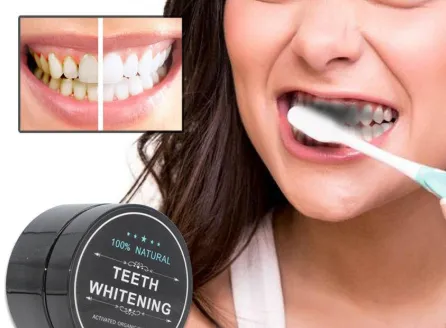The Science Behind Activated Charcoal Teeth Whitening
Activated charcoal has gained popularity as a natural teeth-whitening agent. But what exactly is it, and how does it work? The science behind activated charcoal for teeth whitening revolves around its porous nature and its ability to adsorb, or trap, substances. It’s produced by heating carbon-rich materials, such as coconut shells or wood, to very high temperatures. This process creates a fine, black powder with a large surface area, making it highly effective at absorbing impurities.
How Activated Charcoal Works on Teeth
The primary mechanism by which activated charcoal is believed to whiten teeth is through abrasion. The charcoal’s rough texture helps to scrub away surface stains caused by coffee, tea, wine, and other foods and drinks. As the charcoal particles rub against the teeth, they can dislodge these stains, revealing a brighter, cleaner surface. This process is similar to how a regular toothbrush and toothpaste work to remove plaque and debris. However, the abrasiveness of charcoal raises some important safety concerns which we’ll delve into later.
The Abrasive Nature of Activated Charcoal
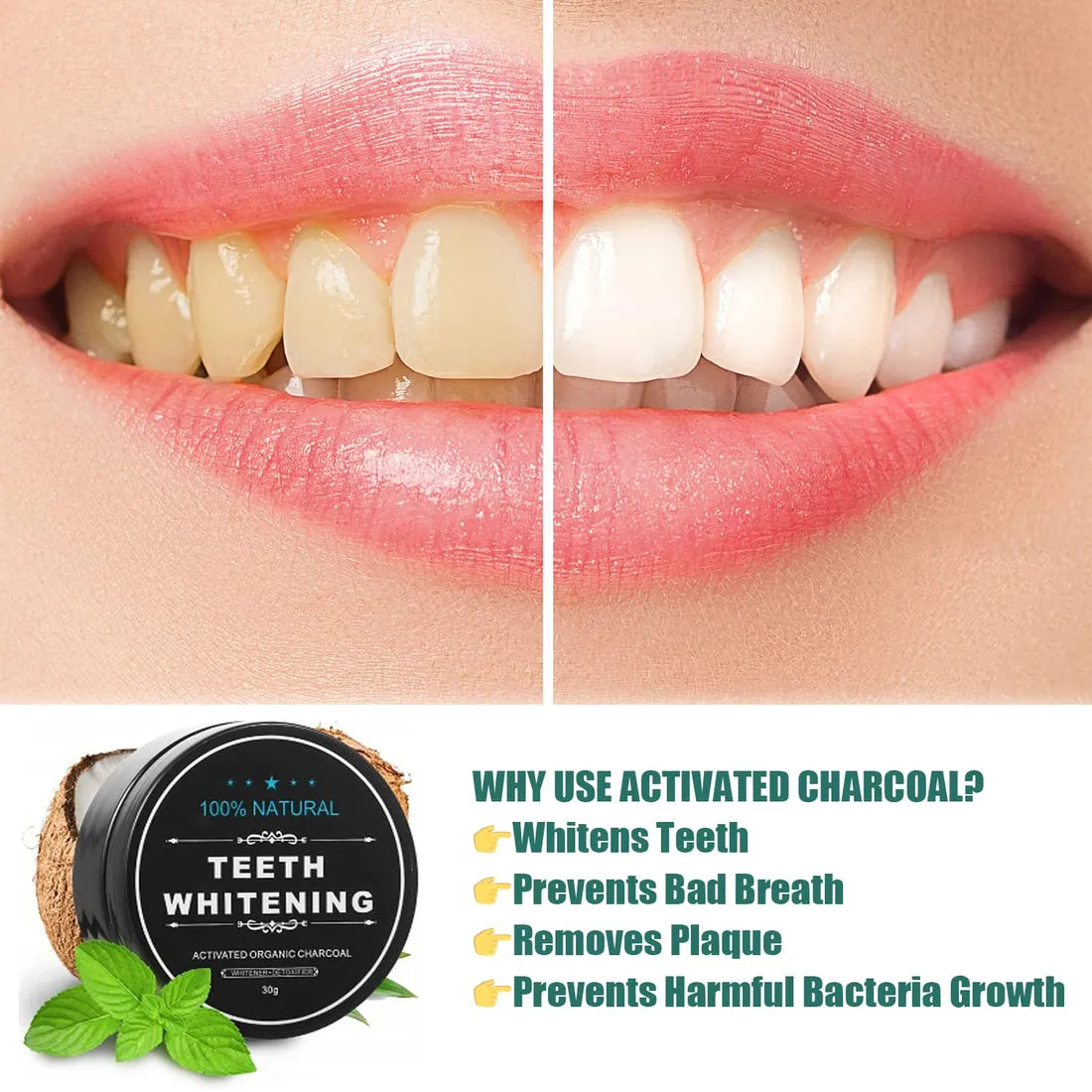
While activated charcoal can effectively remove surface stains, its abrasiveness is a double-edged sword. The same properties that make it effective at scrubbing away stains can also damage tooth enamel. Enamel is the hard, protective outer layer of your teeth, and once it’s worn away, it cannot be replaced. Over time, excessive abrasion from activated charcoal can lead to enamel erosion, making teeth more susceptible to cavities, sensitivity, and discoloration. It’s crucial to understand this abrasive aspect before considering its use.
Potential Benefits of Activated Charcoal Whitening
Proponents of activated charcoal teeth whitening often cite several potential benefits, though it’s essential to approach these claims with caution. Many users report noticeable improvements in the brightness of their teeth after using activated charcoal. It is important to remember that, these improvements primarily result from the removal of surface stains. It is also argued that charcoal can help improve overall oral hygiene. Let’s explore some of these potential benefits.
Removing Surface Stains
The most commonly cited benefit of activated charcoal teeth whitening is its ability to remove surface stains. These stains can accumulate from various sources, including coffee, tea, red wine, and tobacco products. By gently scrubbing away these stains, activated charcoal can make teeth appear whiter and brighter. However, it’s important to note that activated charcoal does not change the intrinsic color of the teeth. It primarily targets external stains that are on the surface of your enamel.
Freshening Breath
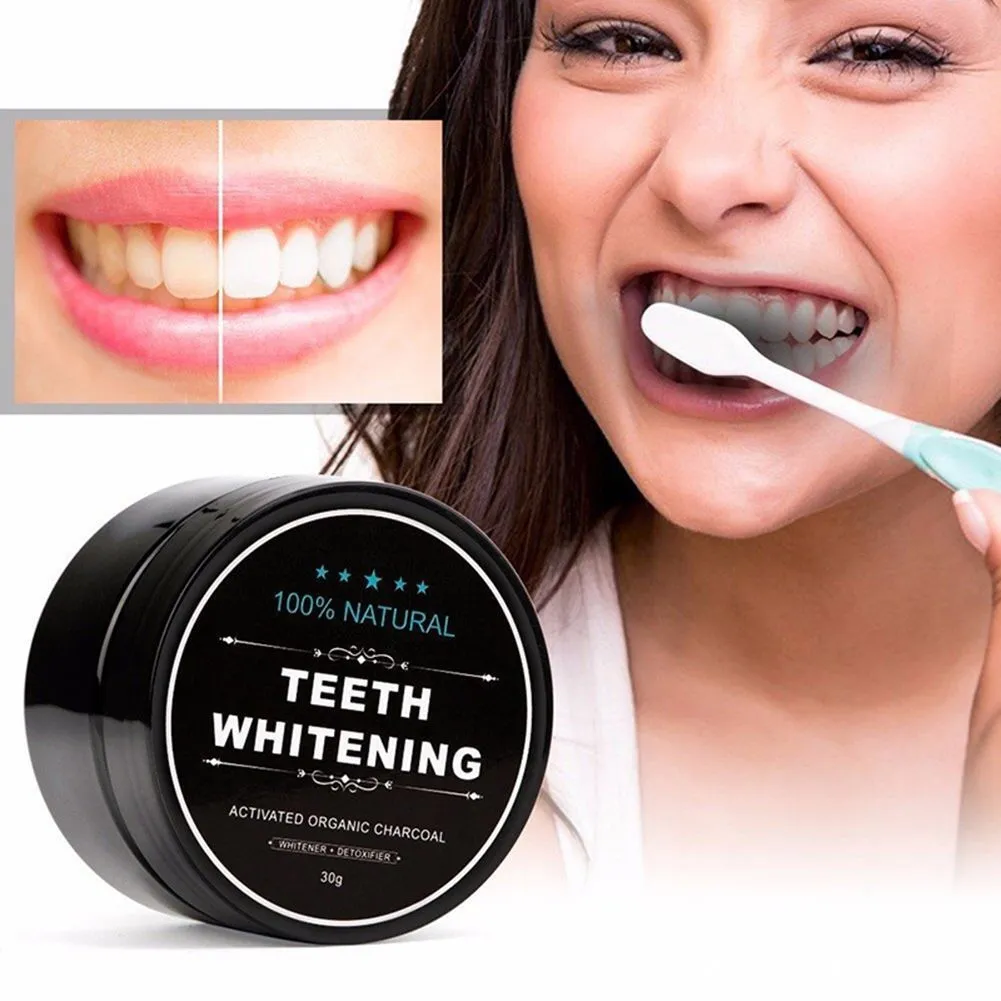
Another potential benefit often attributed to activated charcoal is its ability to freshen breath. Activated charcoal can absorb odor-causing compounds in the mouth, similar to how it absorbs impurities in other applications. This can lead to a temporary improvement in breath freshness. However, it’s important to maintain good oral hygiene practices, such as brushing, flossing, and regular dental check-ups, to address the underlying causes of bad breath effectively. Activated charcoal should be viewed as a supplemental aid, not a cure-all.
Facts About Activated Charcoal Safety
The safety of using activated charcoal for teeth whitening is a topic of ongoing debate among dental professionals. While some users experience positive results, there are significant concerns regarding its potential risks. The main concerns revolve around the abrasiveness of the charcoal, which can damage tooth enamel and lead to long-term oral health problems. Understanding the facts about safety is crucial before incorporating activated charcoal into your oral hygiene routine. It is best to consult your dentist to gain advice on its use.
Is Activated Charcoal Safe for Enamel?
One of the most significant safety concerns associated with activated charcoal is its potential to damage tooth enamel. Enamel is the hardest substance in the human body, but it can still be worn away by abrasive materials. The abrasiveness of activated charcoal can vary depending on the product and how it is used. Over time, repeated use of activated charcoal can lead to enamel erosion. This makes teeth more susceptible to cavities, sensitivity, and discoloration. Once enamel is gone, it does not grow back. It is always advisable to consult with a dentist.
Expert Recommendations on Charcoal Whitening
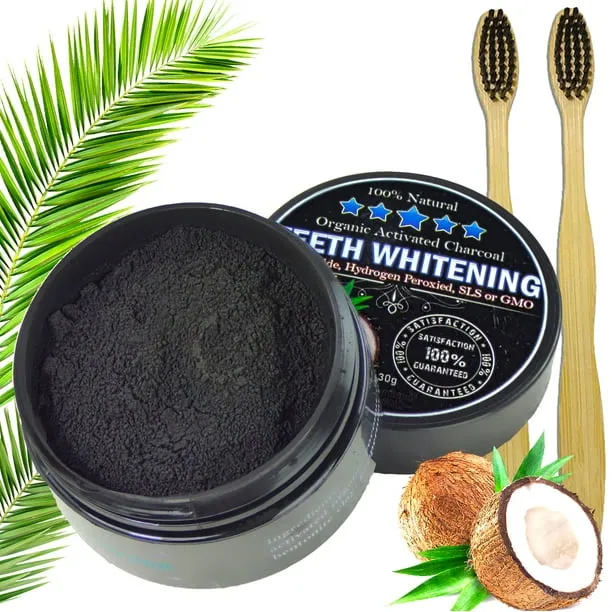
Dental professionals generally have a cautious approach when it comes to recommending activated charcoal for teeth whitening. Many dentists advise against using activated charcoal daily, due to the risk of enamel damage. They often suggest that if used at all, it should be done sparingly and with careful attention to technique and product selection. If you are considering using activated charcoal, it’s essential to consult with your dentist. They can assess your oral health and provide personalized recommendations based on your individual needs and risk factors.
The Importance of Using Quality Charcoal
If you choose to use activated charcoal, it’s crucial to select a high-quality product. Look for charcoal specifically designed for teeth whitening and ensure it doesn’t contain any added ingredients that could be harmful to your oral health. Avoid products with harsh additives or abrasive particles. Read reviews and research the brand to ensure its credibility. Some charcoal products contain flavorings, but make sure they are safe for oral use. The quality of the charcoal can significantly impact its abrasiveness and potential for enamel damage. Choosing a reputable brand is the key.
Proper Brushing Techniques
If you decide to use activated charcoal, proper brushing techniques are essential to minimize the risk of enamel damage. Use a soft-bristled toothbrush and apply gentle pressure. Avoid brushing too vigorously or scrubbing back and forth, as this can exacerbate the abrasive effect. Brush for only a short period, typically one to two minutes. Rinse your mouth thoroughly after brushing to remove any charcoal residue. It’s also important to use a fluoride toothpaste to help strengthen your enamel and protect against cavities. Careful technique is vital to minimizing risk.
Potential Risks and Side Effects
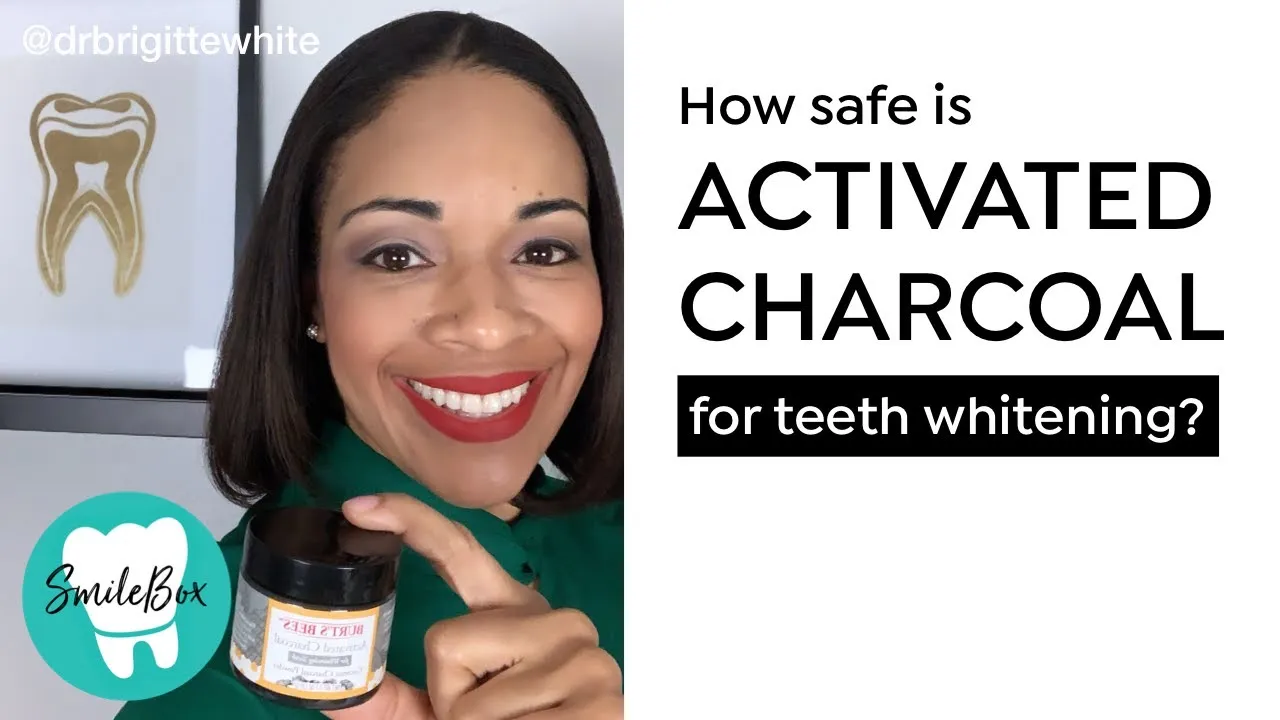
While activated charcoal may offer some cosmetic benefits, it also carries potential risks and side effects. These risks are primarily related to the abrasive nature of charcoal and its potential to damage the enamel. Understanding these risks is crucial before incorporating activated charcoal into your oral hygiene routine. The potential side effects can range from mild to more serious, and it’s essential to be aware of them to make an informed decision about whether activated charcoal is right for you. Please seek advice from your dentist before considering use.
Gum Irritation and Sensitivity
Some users of activated charcoal may experience gum irritation or sensitivity. The abrasive nature of charcoal can irritate the gums, causing redness, swelling, or even bleeding. People with existing gum problems, such as gingivitis or periodontitis, are particularly vulnerable to this side effect. The charcoal particles can also get lodged in the gum line, exacerbating irritation. If you experience gum irritation or sensitivity, discontinue use immediately and consult with your dentist. Gentle brushing and good oral hygiene is a must.
Tooth Sensitivity
Tooth sensitivity is another potential side effect of activated charcoal. As the enamel wears away, the underlying dentin becomes exposed. Dentin contains tiny tubules that lead to the nerve of the tooth. When these tubules are exposed, they can transmit sensations of hot, cold, or sweet foods and drinks directly to the nerve, causing sensitivity. If you experience increased tooth sensitivity after using activated charcoal, it is a sign that your enamel may be damaged, and you should discontinue use and seek professional dental advice. This can be a sign of long-term damage.
Alternative Teeth Whitening Methods
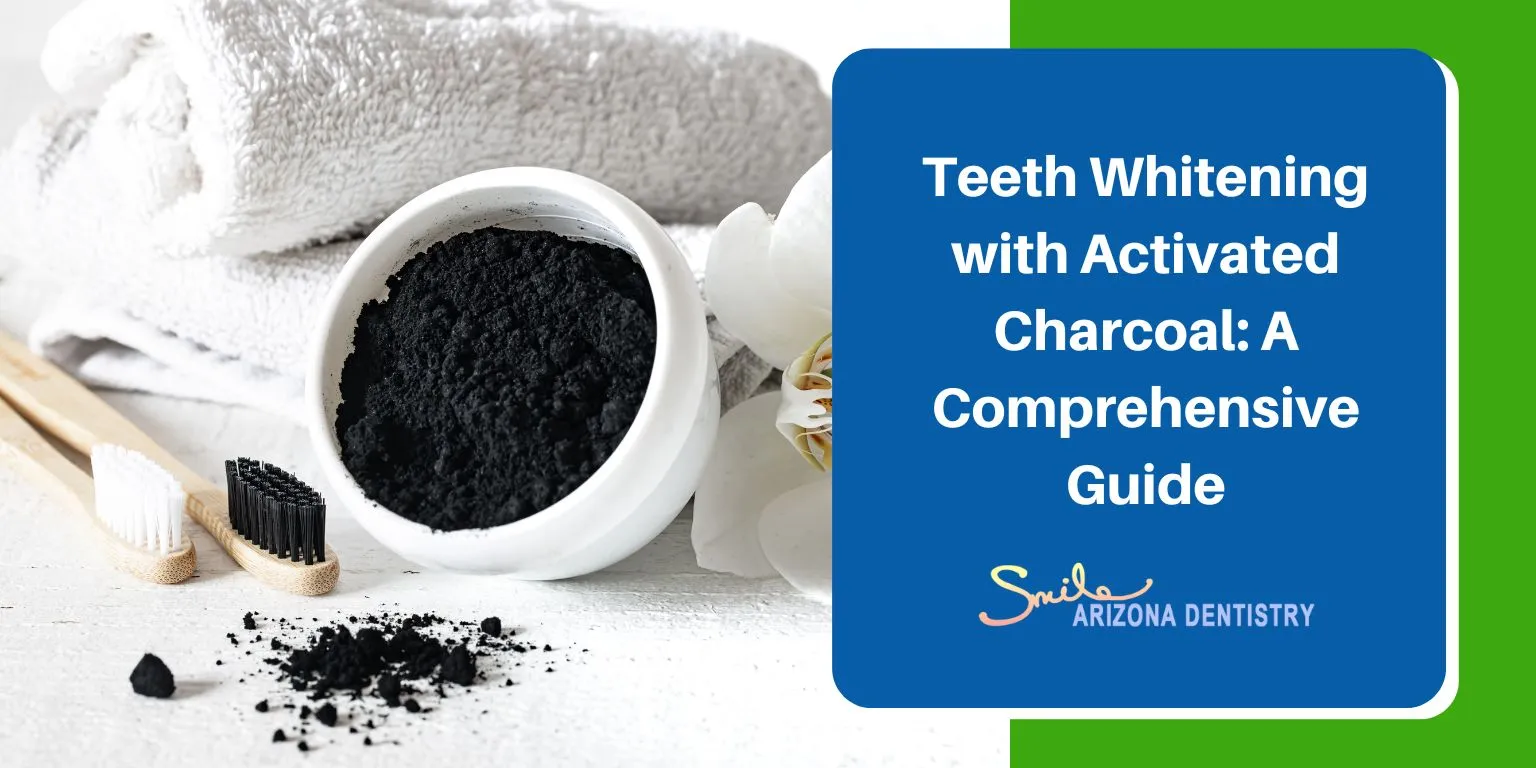
If you’re looking to whiten your teeth, several safe and effective alternatives to activated charcoal are available. These methods are often recommended by dental professionals and have been proven to be effective in removing stains and brightening the smile. Exploring these options can help you achieve a brighter smile without risking damage to your enamel. Always consult with your dentist before starting any teeth-whitening treatment. The choice of method will depend on your individual needs and the desired results.
Professional Teeth Whitening Options
Professional teeth whitening is one of the most effective ways to whiten your teeth. Dentists use stronger bleaching agents than those available over-the-counter. They can also monitor the process to ensure the safety and effectiveness of the treatment. Professional whitening can involve in-office treatments, where the dentist applies a bleaching solution and uses a special light to accelerate the whitening process. Custom-fitted trays for at-home whitening can also be provided. Professional whitening is generally safe and produces dramatic results. It’s also important to discuss your goals with your dentist.
Over-the-Counter Whitening Products
Several over-the-counter teeth whitening products are available, including whitening toothpastes, strips, and gels. These products typically contain lower concentrations of hydrogen peroxide or other bleaching agents. They are generally safe when used as directed. Whitening toothpastes can help remove surface stains, while whitening strips and gels can provide more noticeable results. It is crucial to follow the instructions carefully and consult with your dentist if you have any concerns or experience side effects. Choose products with the ADA Seal of Acceptance.
Conclusion
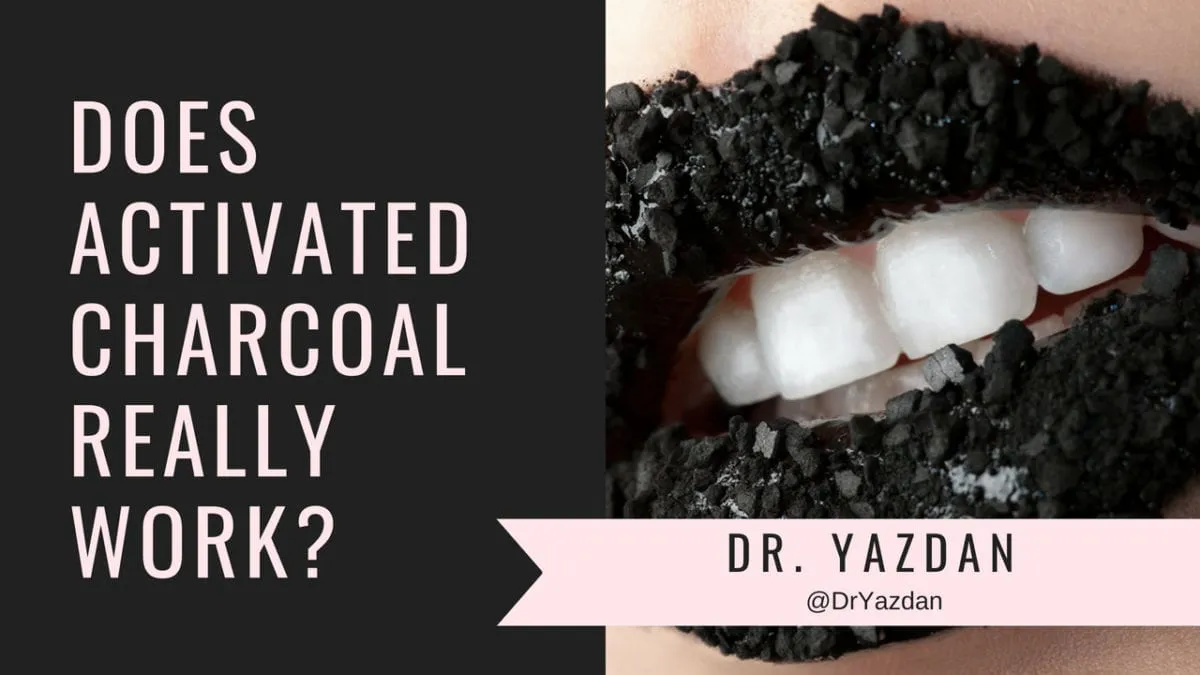
In conclusion, while activated charcoal may offer some temporary cosmetic benefits by removing surface stains, the potential risks to your oral health outweigh the advantages. The abrasiveness of charcoal can damage tooth enamel, leading to sensitivity, discoloration, and an increased risk of cavities. Dental professionals generally advise against its use due to these concerns. If you are looking to whiten your teeth, explore safer and more effective alternatives, such as professional teeth whitening or over-the-counter products. Always consult your dentist before starting any teeth-whitening treatment to ensure it is safe and suitable for your individual needs and oral health. Prioritize long-term oral health over quick fixes. Consider it a supplement, not a cure.
